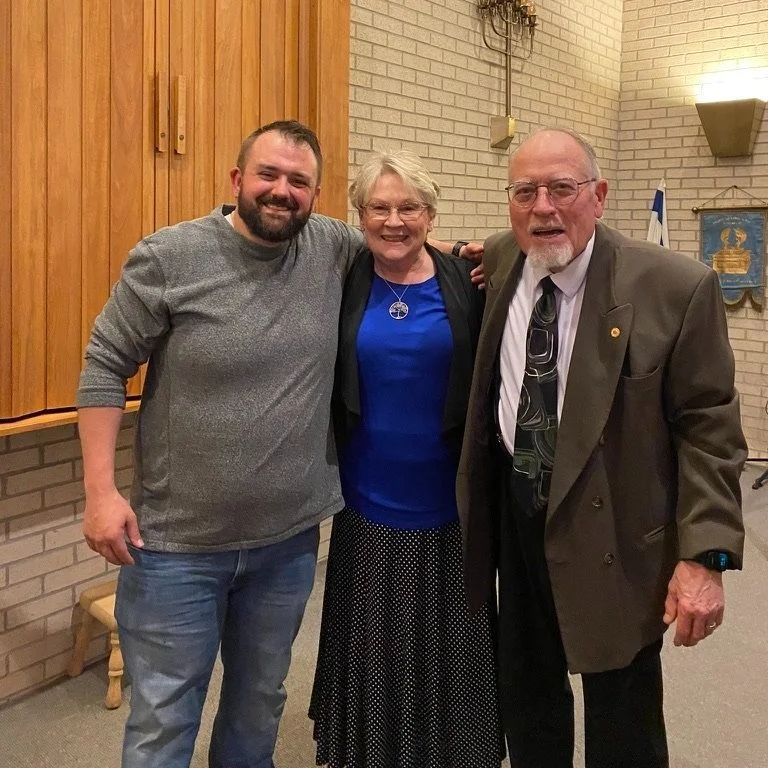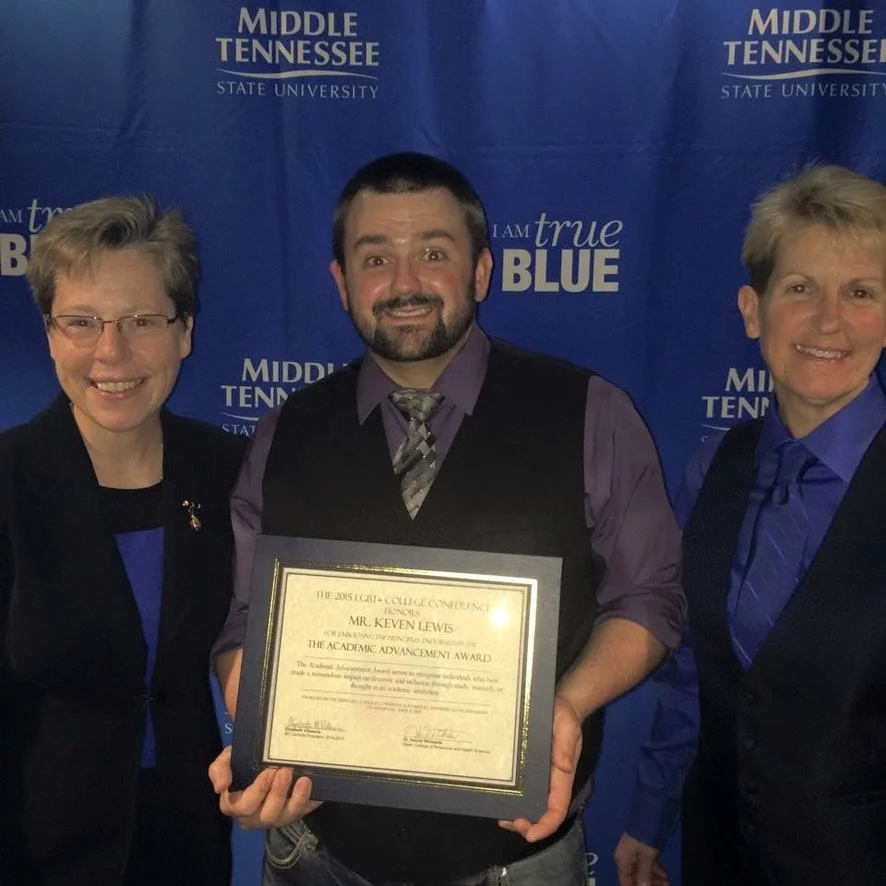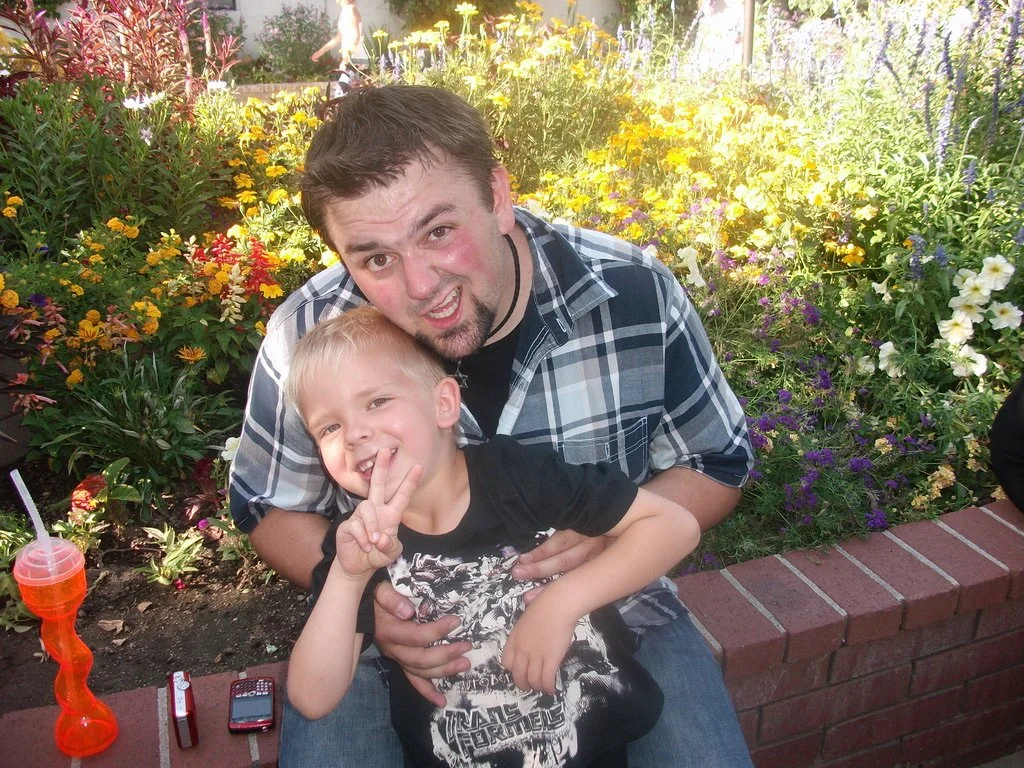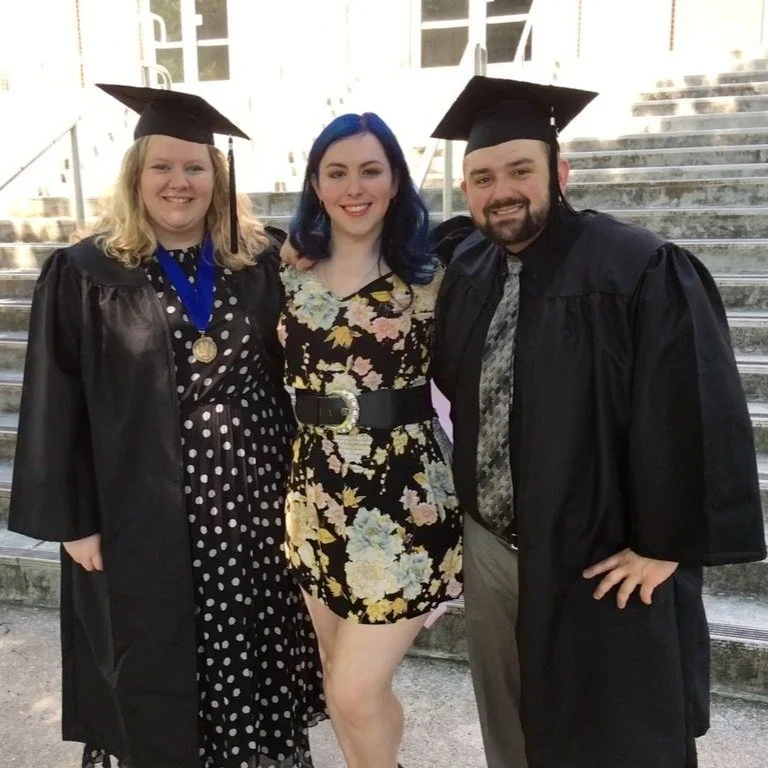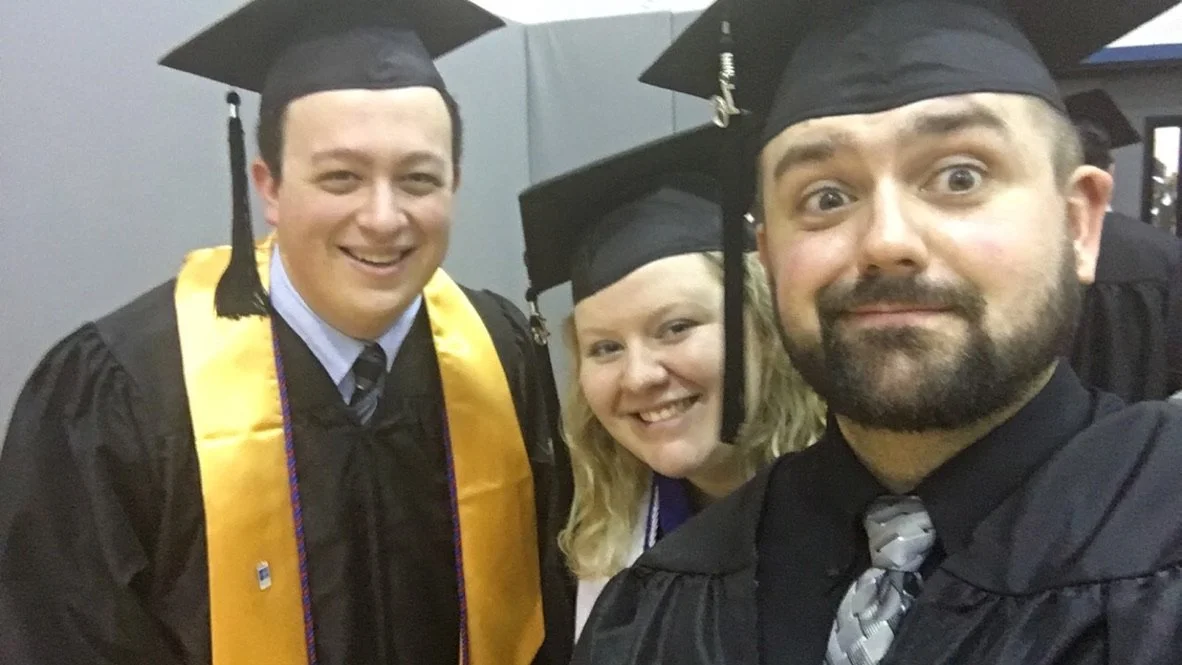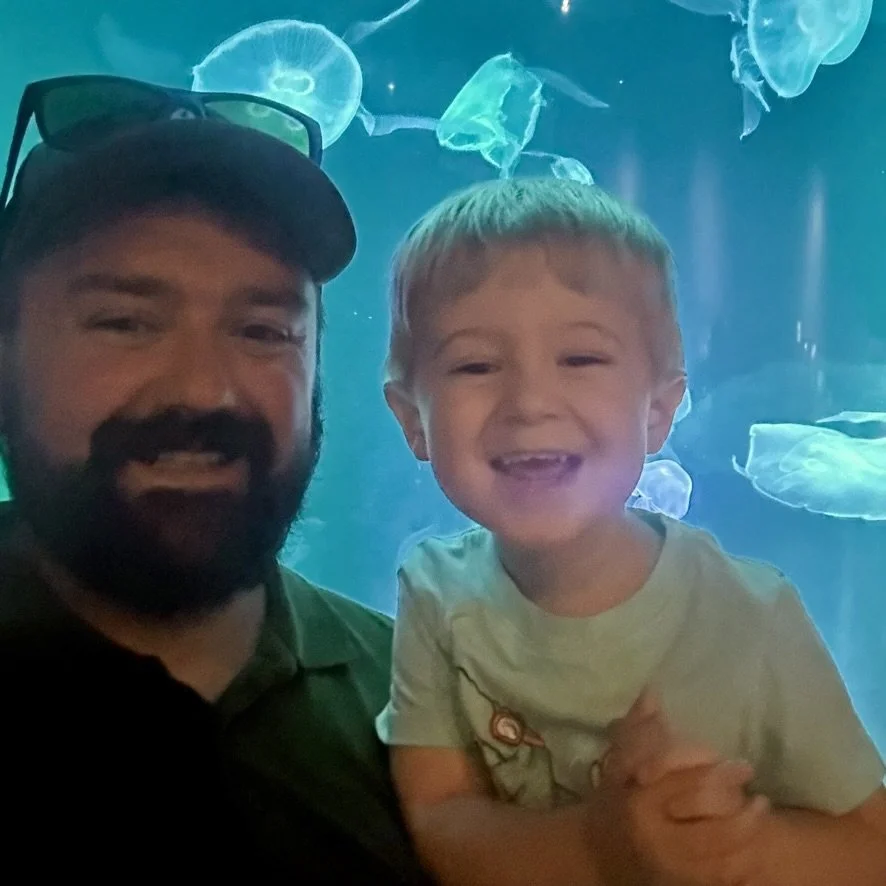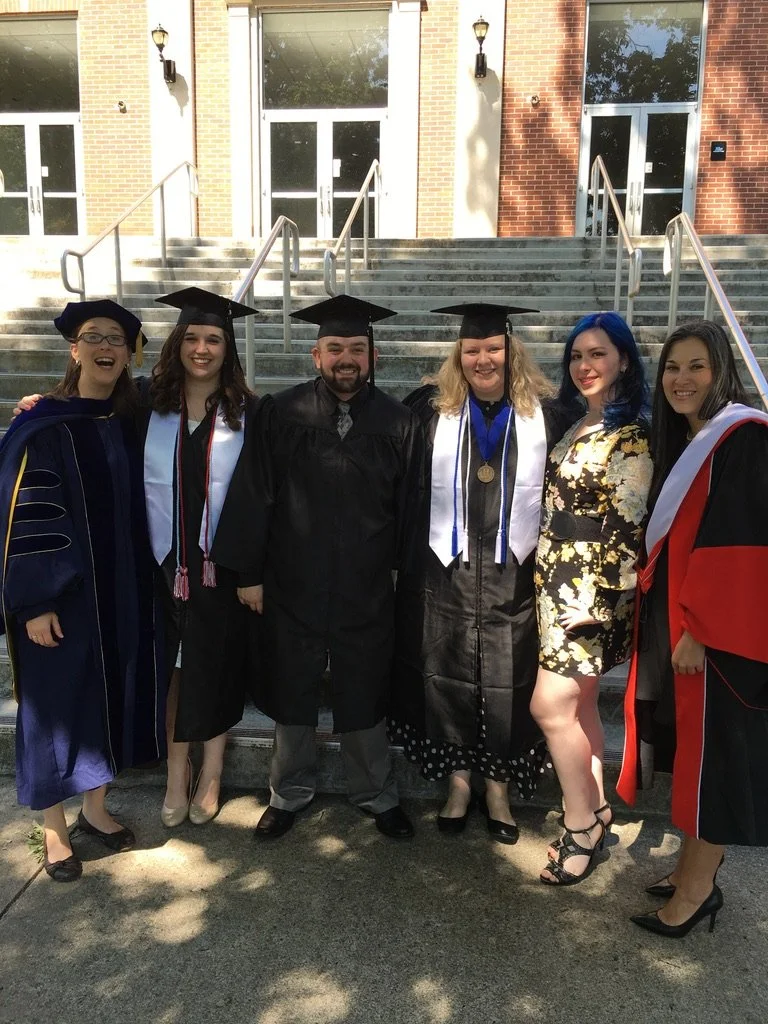KEVEN
LEWIS
My Story: Part 1 - Choosing Compassion and Community
Back in 2009, I was managing a small, tight-knit team. We weren’t perfect, but we were a kind of chosen family bonded by late nights, shared laughs, and the beautiful chaos of restaurant work. I had worked with one employee off and on for years. He was smart, a little scattered, endlessly loyal, and utterly himself.
This employee loved cars. He was rebuilding a Nissan 240 and obsessed over every detail. He had this endearing habit of texting his friends “240” at exactly 2:40, morning or night, like a coded message of connection. We all knew what it meant.
Then, suddenly, he was gone.
When he died suddenly, I was devastated. I didn’t just lose a team member, I lost a friend. In that moment, I found myself balancing personal grief with responsibility. I remember wondering: Am I choosing compassion over detachment? Or community over convenience? At first, I thought I had to pick one. But looking back, I realize it was both. It had to be.
I sat with his family the very next night. I listened to stories I’d never heard before. Things he’d told his parents about me. There were tears. There was laughter.
We held a memorial not at a church or a school, but in the parking lot outside work. It felt right. Hundreds of young people showed up. There were fireworks, which the police weren't happy about. We organized a fundraiser to help finish the 240 he’d been working on. Nissan Corporation and other local donors actually completed the car in his memory. A few of us even got 240 tattoos. Kids who hadn’t had a place to grieve or a person to guide them through suddenly had space to mourn, remember, and reconnect.
It was one of the first times I realized that leadership isn’t always about talking first. It’s about holding space. Being present. Choosing care over ease. Then, at the cemetery as the casket was lowered into the ground, a nearby friend looked at his phone. It was 2:40.
Two years later, I lost my youngest brother, Nathan, in a car accident here in Pocatello. He was six years old, bright, mischievous, hilarious. In the months before he passed, I’d returned home and we’d shared so many small memories: a trip to Lagoon, silly pranks, moments that now feel like small miracles.
When he was life-flighted to the Children’s Hospital in Utah, our family rushed to Salt Lake. And standing in the hospital lobby, exhausted and heartbroken, I learned that the father of the employee I previously mentioned had paid for our hotel.
He had shown up for us the way I had tried to show up for him. It wasn’t transactional. It wasn’t performative. It was a real community. And it stayed with me.
I’ve carried that moment ever since. It changed how I lead. It’s why I show up not just in campaign season, but always. Because compassion that only shows up when it’s easy isn’t compassion, it’s branding.
And this city deserves more than that.
KEVEN
LEWIS
My Story: Part 2 -
The Wild Way Through
I didn’t follow the traditional route into public service.
There was no political science degree, no clean-cut internship, no early campaign job that led me here. I left Pocatello at 18, not to chase politics, but to manage a Papa Murphy’s in Murfreesboro, Tennessee.
That’s how it started.
I ran stores, getting to work early and leaving late, and trained other young managers who were barely older than the teenagers they supervised. It wasn’t glamorous, but I was learning. Learning how to build trust, how to lead by listening, and how to stay calm when everything goes sideways on a Friday night rush. I was 18, managing other employees. Frankly, we were kids pretending to be grown-ups - juggling orders, schedules, and our own immaturity. But I learned quickly. I learned that leadership wasn’t just about title or position. It was about listening, being consistent, and building trust even in hard moments.
But a few years in, I started to feel stuck. I hadn’t gone to college, and I knew I needed something more. So I enrolled at Middle Tennessee State University.
From the first day, I knew I had some ground to make up. I hadn’t been in a traditional classroom for years since I was homeschooled from fourth grade through most of high school. I didn’t let that stop me. I stayed late at the library, asked professors for help, and taught myself how to take notes and study for exams. It wasn’t easy, but every day I showed up.
Then, in October of 2011, everything fell apart. My six-year-old brother, Nathan, died in a car accident near Ross Park. I had come back home in the previous months, feeling lost in Tennessee. I was in the midst of figuring out who I was, and not everyone understood or accepted it. Some family members responded with awkward love. Others… didn’t. One person, at my brother's funeral, looked me in the eye and told me that his death was punishment for “how I lived.” It was a lot, for all of us. But I turned that criticism into clarity and strength.
I didn’t respond. I didn’t scream. But something in me hardened. And something else opened.
I left Idaho again. Rather than running from grief, I was walking toward a version of myself that could survive it.
Back in Tennessee, I re-enrolled at MTSU and committed. I studied anthropology and religious studies. Then, I was offered a fully funded position in a Master’s program.
Then 2020, the pandemic hit. My job disappeared. My lease fell through. And somehow, I found myself living in a tent in the middle of a forest in Northern California, with two dogs, a solar battery, and a thesis to finish.
I wrote by lantern light. I charged my laptop from solar power. And when it came time to defend my master’s thesis, I drove into town, connected to Wi-Fi at a Starbucks, and did the entire thing over Zoom in the lobby.
It wasn’t perfect. But it was enough.
In December 2021, I graduated with a master’s degree, and I came back to Pocatello.
Over the years, I’ve done a little bit of everything: I’ve managed restaurants, trained teams, worked behind a bar, taught preschool, and now, I serve grieving families as a funeral director. My path hasn’t been straight, but it’s been full of purpose.
Every twist in that journey taught me something: how to lead with humility, how to adapt when everything changes, and how to keep showing up even when the road makes no sense.
That’s what I bring to public service. Not just a resume but resilience. Not just experience but perspective.
Leadership isn’t about walking a perfect path. It’s about making meaning out of the hard parts and using them to light the way for someone else.
That’s what I’ve done. That’s what I’ll keep doing.





